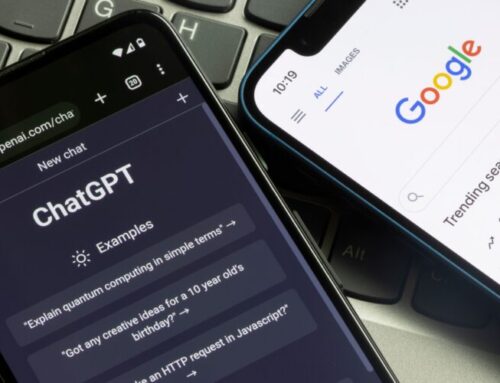Many companies in healthcare think that social media is complicated, time-consuming and a potential liability nightmare, believes Susan Giurleo, PhD. A belief with which she heartily disagrees. She says that if the options are considered carefully and logically, a social media plan is not only “not hard,” but can be quite simple.
Here’s an overview of a simple beginning social media plan encompassing just three components that she thinks any healthcare and healthcare-related professional can use:
• If you plan to use social media to either market to or connect with current and potential clients, you must have a website. You can develop your own website or hire someone to do it for you.
• A blog is the foundation of any social media plan; without it, there’s almost no point in doing anything with social media. Blogs, for some reason, are often feared by people in healthcare. This generally falls into three camps:
The first don’t know what to write about. Keep posts fact-based, informative and helpful to readers. Write about your specialty, if you have one. Offer quick tips; for example, how to manage stress or fit exercise into your daily schedule. Occasionally, summarize recent research in your area of expertise.
The second don’t think they can write. Here’s a tip, keep blog posts simple, straightforward and in simple language. It isn’t a dissertation or thesis—which as a healthcare professional you most likely wrote in pursuit of your advanced degree.
The third don’t believe they have time. A time commitment doesn’t need to be huge; it shouldn’t be hard to find time to write a couple of hundred words on a topic you’re an expert on. If it is, you might want to reconsider this entirely.
• Once you have a blog, actual social media can be added to the mix. Twitter—with just 140 characters to tell people “what’s happening”—is a good one to start with. It’s:
Straightforward to use—here’s an easy way healthcare folks can use it: write a blog post and tweet it to your followers with a link back to your blog.
Less room for liability issues—following you on Twitter doesn’t automatically identify someone as a client of yours because anyone and everyone can follow anyone and everyone on Twitter (of course, you do want to keep it professional and never post any information about clients, even if identities are eliminated).
The format naturally limits how much engagement you can have—140 characters are just a few well chosen words.
If you are in healthcare, insurance, technology or other professional services industries and are interested in developing a social media plan, but think you will need help, contact Scott Public Relations.
Like what you’ve read? Follow Scott Public Relations on Twitter and sign up for the Einsight RSS feed!





I cannot thank you enough for the blog article.Really thank you! Really Cool.
Great info. Lucky me I came across your blog by accident (stumbleupon).
I have book-marked it for later!
I like the valuable information you provide in your articles.
I will bookmark your weblog and check again here regularly.
I’m quite certain I’ll learn a lot of new stuff right here!
Good luck for the next!
You can definitely see your expertise in the article you write.
The arena hopes for more passionate writers like you who are not afraid to say
how they believe. At all times go after your heart.